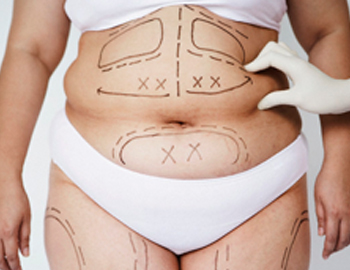Hello dear Readers!
In this new wave of the Omicron variant of Covid 19, I have received many patients with sequelae of Fatigue. Have you ever wondered, according to Traditional Chinese Medicine, what does this mean? Why can a disease that primarily affects the Lungs cause such extreme fatigue?
Let’s think according to the 5 Elements to better understand what is happening with our patients.
In Chinese Medicine we know that the Lung is the body’s biggest energy producer. This is because the Lungs is responsible for producing Defense Energy (Wei Qi) and Nutritive Energy (Yin Qi) through the union of Air and Food Energies (Gu Qi).
When the individual contracts Covid, the Lung will be affected even if there are no severe symptoms. The Omicron variant has been classified as a milder form of the disease (even though severe cases are still reported) and its main symptoms are mild upper respiratory system respiratory problems and fatigue.
Many patients report not being able to do simple things like talking on the phone, doing the dishes or playing the piano. And unlike the first version, what the patient reports is tiredness, not shortness of breath.
As the Lung is responsible for the body’s high energy production, when affected, it will try to correct its production and balanced functioning using the strength of its mother organ, that is, the Spleen. The Spleen, in turn, is responsible for capturing energy from food, and at first it will try to help the Lung in reestablishing their functions, however, with the average duration of the illness being 10 days, the Spleen becomes overloaded, not being able to perform its functions, among them, sending Gu Qi so that the Lungs work again.
Thus, fatigue is installed in the body, due to a low energy production and a low use of food.
Following the Spleen, the Stomach will be impaired. As the first viscera with a digestive function, the Stomach is responsible for breaking down food, maturing it and sending it to the Spleen to extract its essences. Since the Spleen will be weak and overloaded, it will not be able to carry out the reception of matter that comes from the Stomach.
Without reception by the Spleen, the Stomach diminishes its functions, as its work will not be efficiently used by the Spleen. With a deficient Stomach, the patient will have tiredness, lack of appetite, difficulty in digestion, intestinal malfunction, decreased production of Yin fluids by the Stomach, which will result in dry mouth, burning in the stomach and in more severe cases, persistent fever.
When the Stomach weakens, the entire energy-forming chair is broken, so the patient’s tiredness is severe. It is important, therefore, that the therapist knows how to evaluate and treat a post-Covid patient, not only strengthening his Lung, but also the Spleen and Stomach.
I suggest the following points:
- To strengthen the Lungs: Lu7, Lu9, CV17, in auriculotherapy, Lung point.
- To strengthen the Spleen: SP2, SP3, in auriculotherapy, Spleen point.
- To strengthen the Stomach: CV15, CV12, ST36 and SP6, in auriculotherapy, Stomach point.
Once the function of the Spleen is reestablished, which will be able to capture the energy of the Stomach and strengthening the Lungs so that it no longer steals the energy from the Spleen in excess, the patient will be able to resume normal energy production and the symptom of tiredness. and fatigue will resolve more quickly.
Hope it was helpful.
A big hug to everyone.
Fernanda Mara
** subscribe us on Youtube: youtube.com/facilitatingacupuncture
 Good morning readers!
Good morning readers!